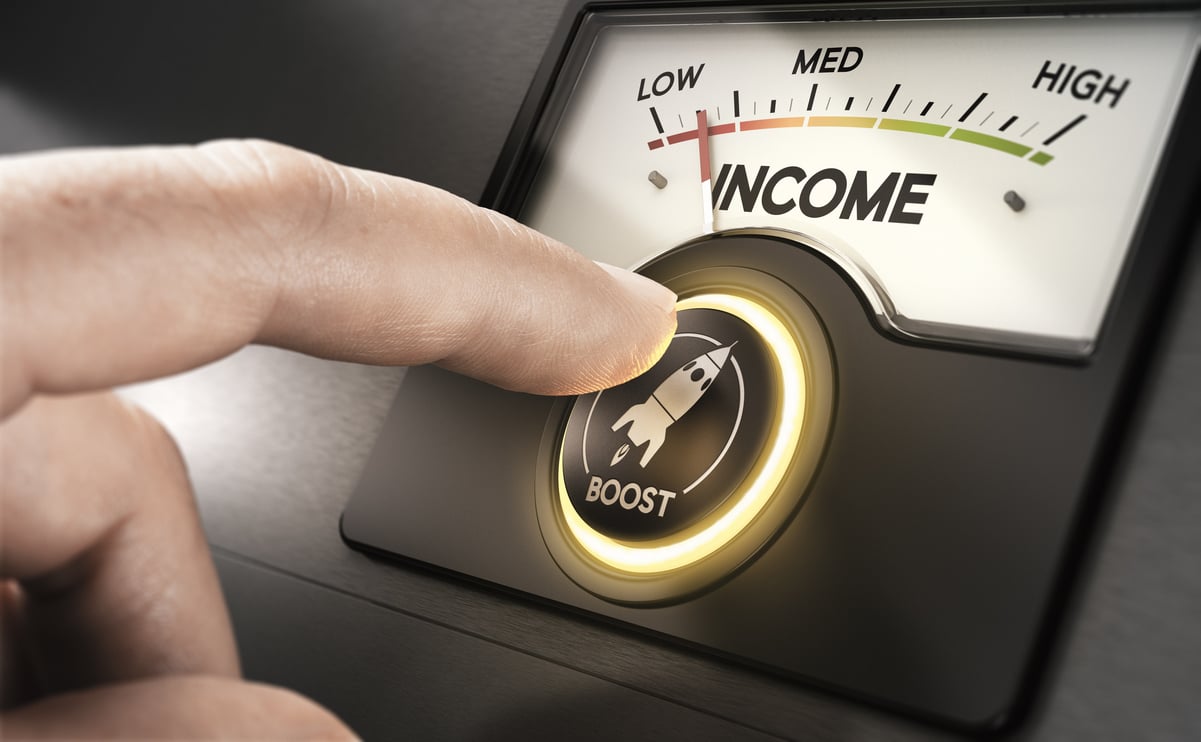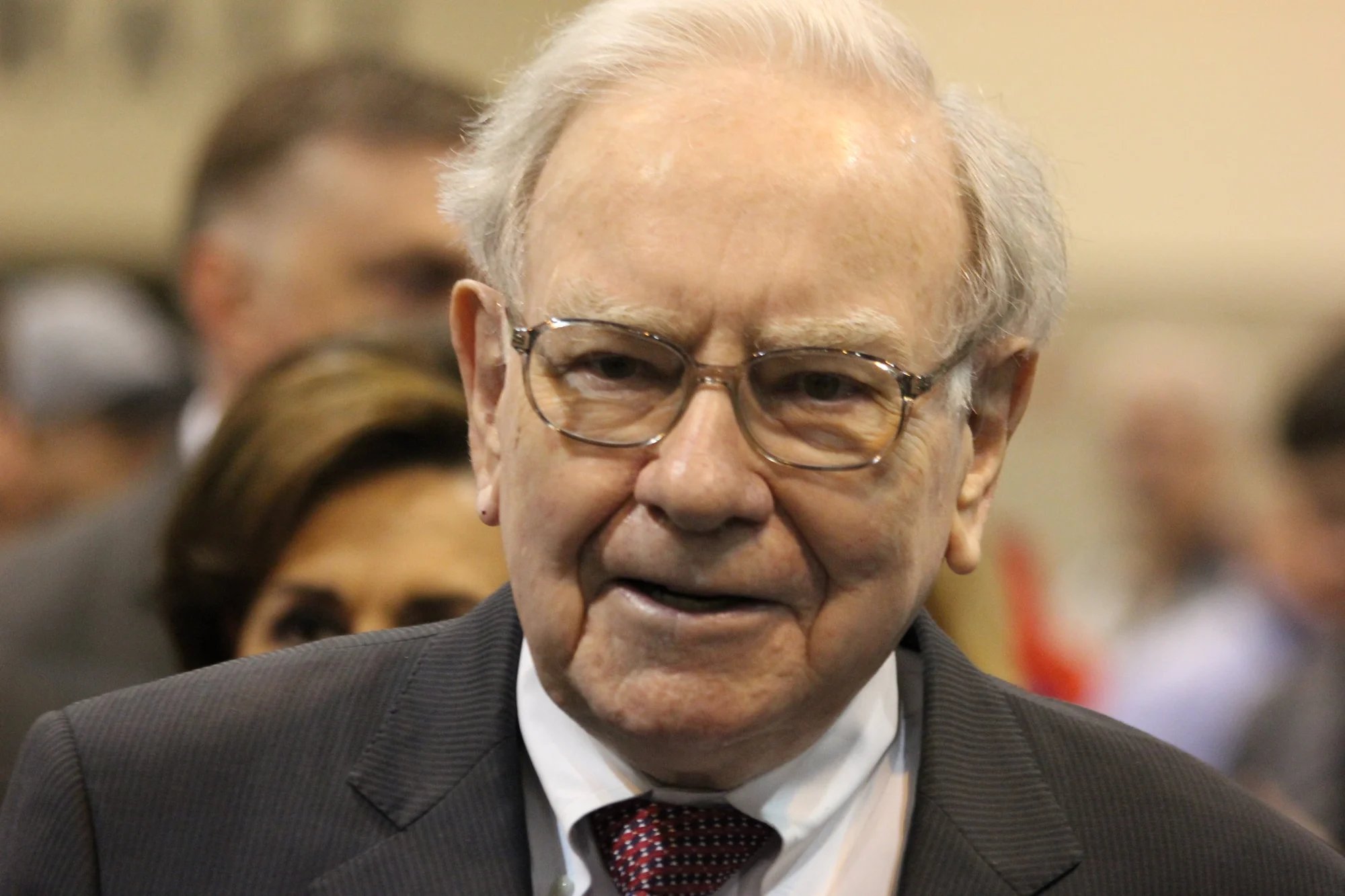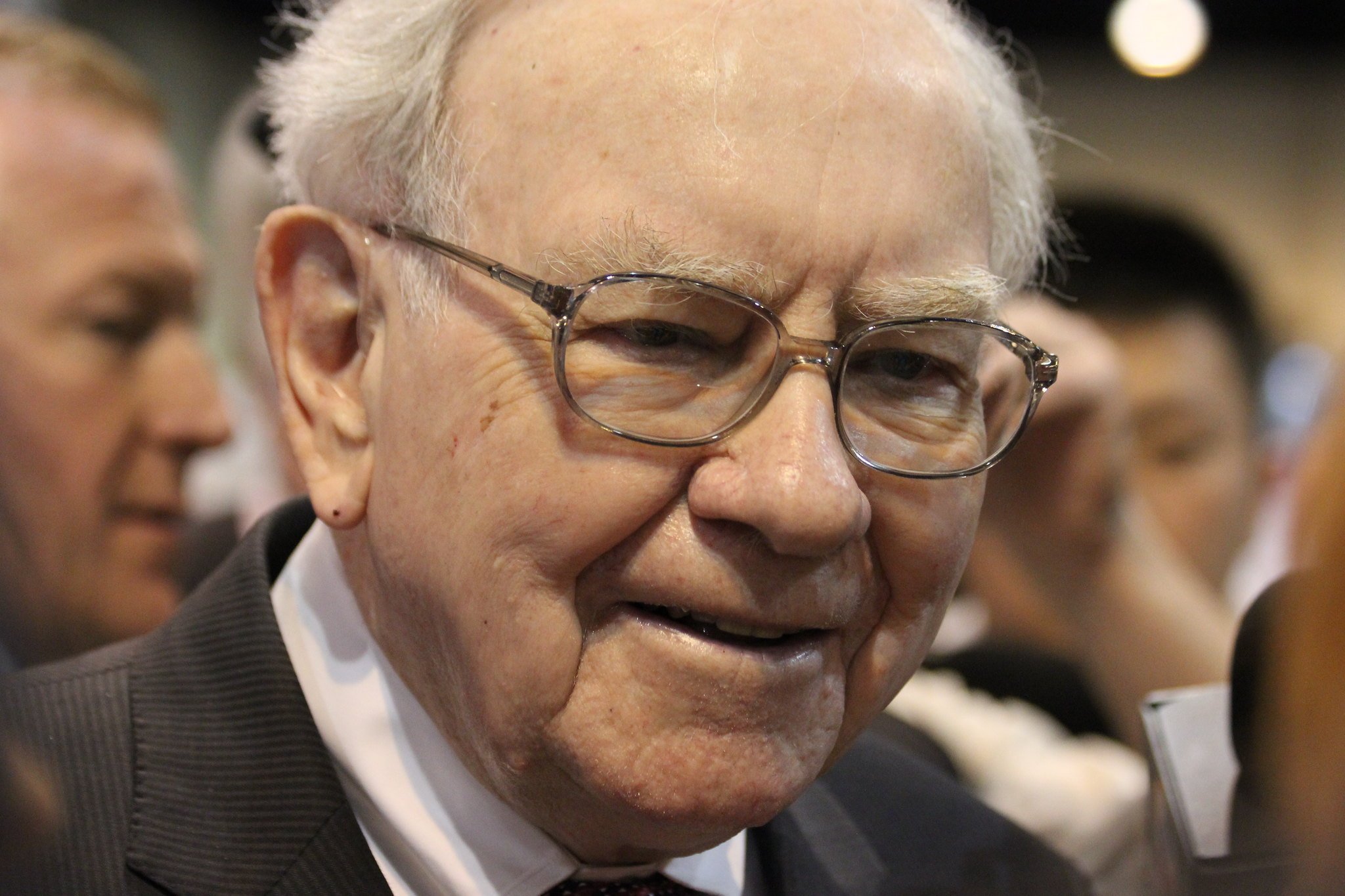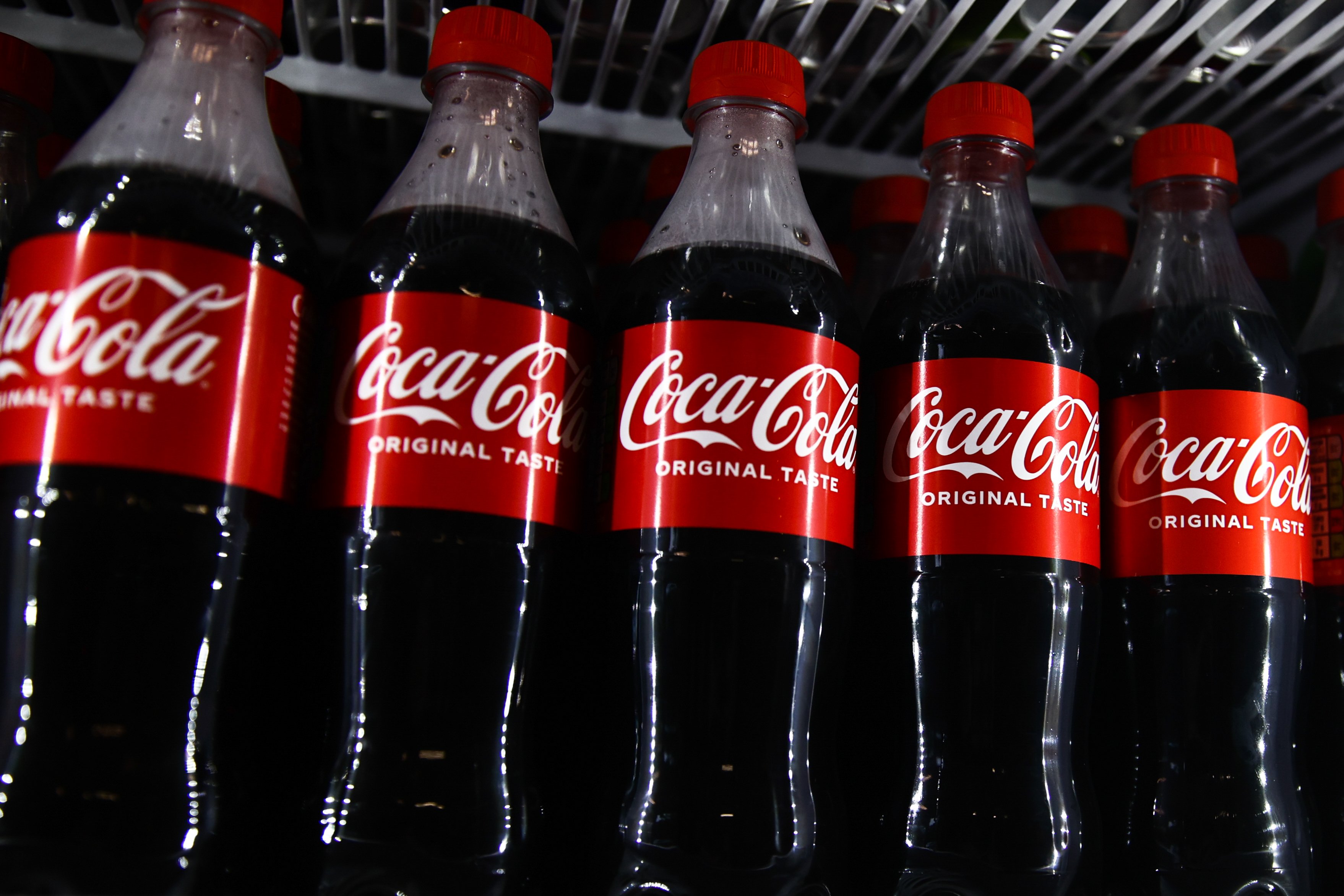
Coca-Cola (KO +1.69%) executives ignited a firestorm with their new compensation plan. According to David Winter of the Wintergreen Fund, it is "an unnecessarily large transfer of wealth from Coca-Cola's shareholders to members of the Company's management team." According to Shane Parrish, author of the excellent Farnam Street blog, "Coke is using somewhat fuzzy thinking to justify generous equity granting practices, and Mr. Winters is using some fuzzy thinking to help rally shareholders to the cause." So clearly there is some controversy.
Berkshire Hathaway (NYSE: BRK-B) (NYSE: BRK-A) owns 9.1% of Coca-Cola's shares, and Warren Buffett, a longtime critic of overpaid management, abstained from voting Berkshire's shares on the compensation issue. That raises the question of why?
Fortunately, the first question at Berkshire's annual meeting (from Carol Loomis of Fortune magazine) was about Coca-Cola's compensation. Below are my notes on Carol's questions, along with responses from Warren and Charlie Munger, Berkshire's Vice Chairman.
Carol Loomis: Coca-Cola has an excessive compensation plan, but you didn't tell shareholders before the meeting. Had it been disclosed earlier, we might have voted differently. You abstained, and you must have your reasons. Why did you engage in this strange and un-Buffett-like behavior?
Warren Buffett: Some people think that strange and un-Buffett-like are not different. The proposal was made by a shareholder opposed to the option program. His calculations of dilution were wildly off, and we didn't care to get into a discussion of that.
But I did talk to Muhtar Kent [CEO of Coca-Cola], and I told him that we would abstain. I told him that I admired the company, but the compensation was excessive. Immediately after, we announced that we had abstained and explained why. I think that is the most effective way of behaving for Berkshire.
We made a very clear statement about the excessiveness of the plan, but without going to war with Coca-Cola. And, we didn't endorse inaccurate calculations, or join forces with someone that I hadn't interacted with. If you're going to war, you want to know what that alliance might be. I think the best outcome was achieved by our abstention.
Charlie Munger: I think you handled the whole situation very well.
Buffett: Charlie was the only person that I discussed the vote with beforehand. I told him about the plan, and we agreed on the course of action.
In fairness to David Winters, he took figures from the Coca-Cola proxy statement, but for those of you that would like to think it through... Coca-Cola has regularly repurchased shares issued by options, so the share count has come down a little. The plan is 500 million shares, and they expect to issue them over four years (leaving out the difference between performance shares and options). Let's assume Coca-Cola is $40 per share, and all options are issued at $40 strike, and when they are exercised, the stock is $60 per share. At that point, there has been a $10 billion transfer of value. Now, the company gets a tax deduction of $10 billion; at present rates, that would result in $3.5 billion in tax savings. Add in $20 billion for the exercise of options, and Coca-Cola will receive $23.5 billion. So at $60 per share, KO could buy back a lot of shares -- 392 million shares. So the dilution would be 108 million shares, or 2.5% dilution.
I don't like it, but it's not as bad as has been suggested.
Clearly, Buffett doesn't like the compensation plan, but it's not as bad as critics have suggested. And, in Buffett's mind, it's not worth "going to war" with management over. Admittedly, I would have liked to see Buffett take a stronger stance; but, after hearing his reasoning, I understand it.








